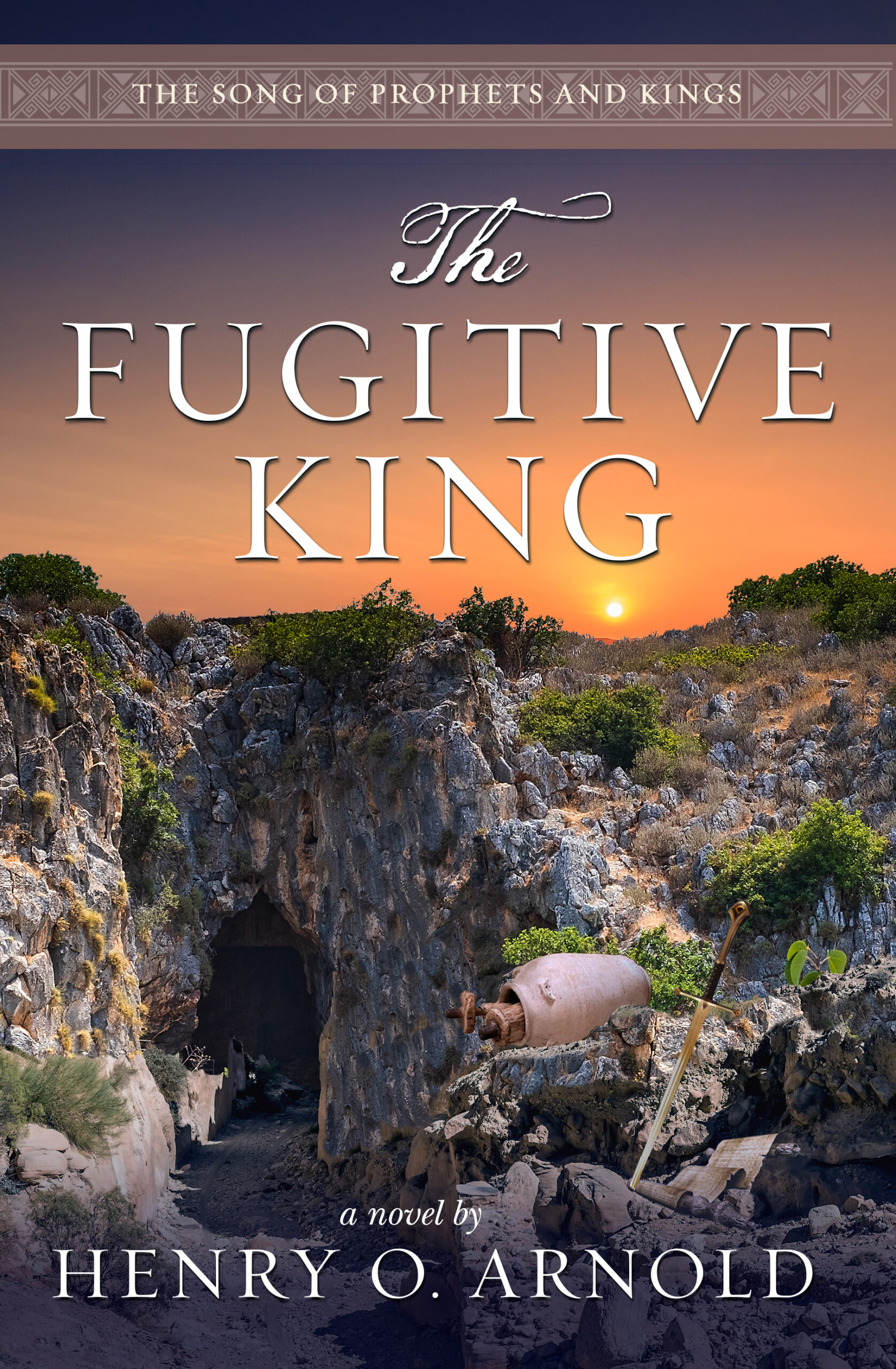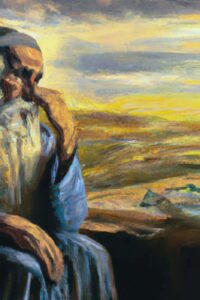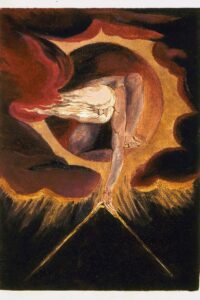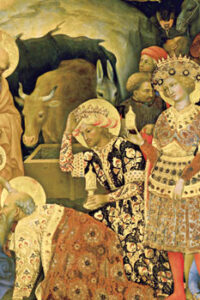Most of us don’t consider our individual life worthy of a novel let alone a series of novels. If you wrote the story of your life, most likely, you would reawaken lost joys and pains, feel them all over again, but perhaps with a greater understanding of yourself.
We all need to make sense of our existence, and the way we do that is to tell it as a story. To make a story streamlined with the logical build to a climax and resolution, one must go through the natural selection process of choosing those events and circumstances that best fit the sequence of thought and action to bring about the best effect.
There is so much information to the biblical account in my historical fiction series that as the author I have the challenge of picking and choosing which details to amplify, which ones to restrain, and which ones to ignore all together. While that might make me feel powerful, in reality, it makes me tremble at the responsibility.
In The Fugitive King, I chose to embellish the plotline and development of the characters. Much in the same way a gardener might trim and prune the tree to allow growth and accentuate the beauty. Or a sculptor chiseling away the excess marble. I admit this is an imposition of my artistic will, but it is done in service to the story and to deepen the meaning of the biblical accounts.
When we encounter a great work of art or a great story “our minds/Are nourished and invisibly repaired.” I borrowed this line from William Wordsworth’s poem The Prelude to make my point. So enjoy the embellishments I have chosen in The Fugitive King, available today wherever books are sold. But don’t confuse the embellishments with the facts. For those readers who have an affinity for the truth found in these accounts, it may deepen one’s faith. I know after taking a deep dive into the writing of these beautiful and rich stories, it has deepened mine.





